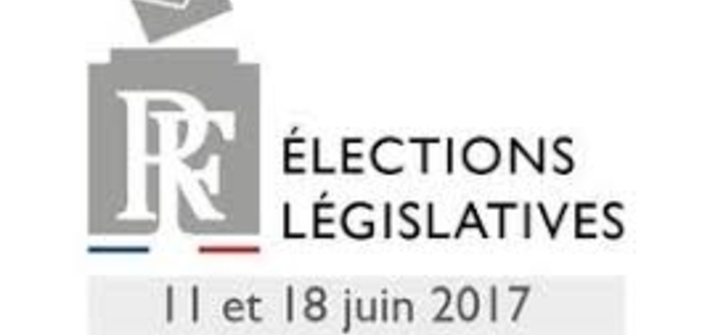Emmanuel Macron has taken the first step by being elected as President of the Republic.
But to govern, he needs to secure a majority in the National Assembly. A real puzzle presents itself to him before the elections on June 11 and 18.
Some already believe that France has embraced Macronism, which will “reign” over the Hexagon in the next five years.
Voters no longer want the “logic” that has shaped French political life over the past 40 years. They are demanding renewal.
The French electoral law allows more than two candidates to remain in the second round, provided they receive 12.5% of the votes. We could therefore face three-way or even four-way contests.
The republican front, which used to unite all the country’s forces against the National Front, no longer has unanimity.
This idea of an alliance has always been rejected by some leading figures of the Gaullist formation, who often take the stance of “ni-ni” (neither-nor) and vote with a blank ballot.
Furthermore, it remains to be proven that La France Insoumise will prefer to rally behind a candidate from the Republicans or LREM in a constituency to counter the far right, rather than calling for a blank vote.
The center-right and Macronists may not be more inclined to support a candidate from Mélenchon’s movement either.
Will the Socialist Party lean towards LREM or LFI? This party has hit rock bottom. Paradoxically, its relatively weak influence gives it a role as an arbiter that can tilt the balance in the second round. Its candidates are very likely to be courted.
If there’s one certainty, it’s that it is impossible to predict the outcome of this election. The number of variables is so significant that, unless you have a crystal ball, no one can claim to know what future awaits France.
by Paternoster


